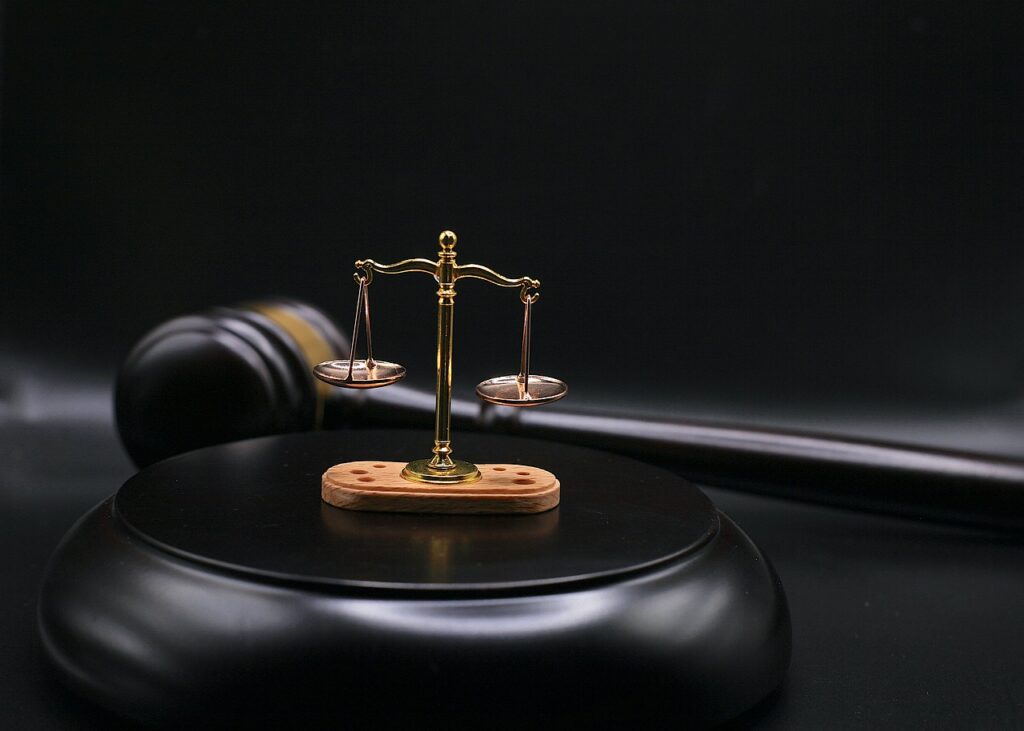Now Reading: The Ultimate Guide to Finding the Right Lawyer for Your Needs
-
01
The Ultimate Guide to Finding the Right Lawyer for Your Needs

The Ultimate Guide to Finding the Right Lawyer for Your Needs
Finding the right lawyer is a crucial step when facing legal challenges, whether it’s for a personal matter, a business issue, or any other situation requiring legal expertise. The process of selecting a lawyer can be overwhelming due to the vast number of options available, each with different specializations and expertise levels. This guide will help you navigate the process, ensuring that you find a lawyer who is not only qualified but also a good fit for your specific needs.
Identify Your Legal Needs
The first step in finding the right lawyer is to identify your legal needs. Different legal matters require different types of expertise. For example, if you are going through a divorce, you will need a family lawyer who specializes in divorce cases. On the other hand, if you’ve been involved in a truck accident, a truck accident lawyer would be more appropriate. Understanding your specific legal issue will help you narrow down the field and focus on lawyers who have the relevant experience and knowledge to handle your case effectively.
Research Potential Lawyers
Once you have identified your legal needs, it’s time to research potential lawyers. Start by asking for recommendations from friends, family, or colleagues who have dealt with similar legal issues. You can also use online resources such as legal directories, bar association websites, and review sites to find lawyers in your area. Pay attention to reviews and testimonials, but take them with a grain of caution. While positive reviews can be encouraging, it’s important to look deeper into the lawyer’s background, experience, and reputation in the legal community.
Check Qualifications and Experience
After compiling a list of potential lawyers, the next step is to check their qualifications and experience. Verify that they are licensed to practice law in your state and have a clean disciplinary record. Experience is another critical factor. A lawyer with several years of experience in the specific area of law relevant to your case is more likely to achieve a favorable outcome. Ask about their track record in similar cases, and consider whether they have taken cases to trial or settled them out of court, depending on what is most relevant to your situation.
Evaluate Communication and Compatibility
A successful attorney-client relationship is built on clear communication and mutual trust. During your initial consultations with potential lawyers, assess their communication style. Are they responsive to your questions? Do they explain complex legal concepts in a way that you can understand? It’s essential to feel comfortable with your lawyer, as you will be discussing sensitive and sometimes personal information. Compatibility is key; if you don’t feel at ease with a lawyer, it’s likely not the right fit, no matter how impressive their credentials may be.
Understand the Fee Structure
Legal fees can vary significantly depending on the lawyer’s experience, location, and the complexity of your case. It’s important to understand the fee structure before hiring a lawyer to avoid any surprises later on. Some lawyers charge an hourly rate, while others work on a flat fee or contingency basis. Make sure to discuss all costs upfront, including potential additional expenses such as court fees, expert witness fees, or administrative costs. Understanding the financial aspect will help you choose a lawyer whose services are within your budget while still providing the quality representation you need.
Consider the Lawyer’s Availability
Another important factor to consider is the lawyer’s availability. Legal matters often require prompt attention, and delays can be costly. During your initial consultation, ask the lawyer how much time they can dedicate to your case and how quickly they can respond to your queries. A lawyer who is too busy may not be able to give your case the attention it deserves, leading to suboptimal outcomes. It’s crucial to find a lawyer who is not only experienced but also available and committed to your case.
Trust Your Instincts
Finally, trust your instincts when choosing a lawyer. While credentials, experience, and recommendations are important, your comfort and confidence in the lawyer play a crucial role. If something doesn’t feel right during your interactions, it’s okay to keep looking. The right lawyer for your needs should inspire confidence and trust, making you feel that your legal matter is in capable hands.
Finding the right lawyer requires time, research, and careful consideration. By identifying your legal needs, researching potential candidates, checking qualifications, evaluating communication, understanding the fee structure, considering availability, and trusting your instincts, you can find a lawyer who will provide the best possible representation for your case. Taking these steps will ensure that you are well-prepared and confident in your choice, giving you peace of mind as you navigate the legal process.











